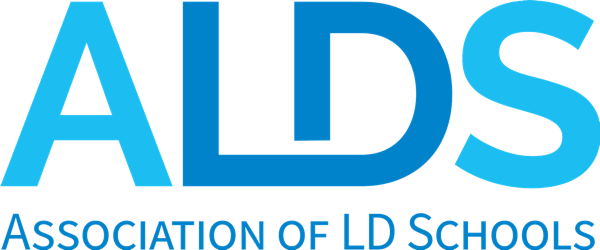October is known world-wide as Dyslexia Awareness month and as such this letter highlights a particular student profile that is near and dear to my heart as I have seen over the last two decades working with students who learn differently, that these students frequently are overlooked in traditional schools when determining appropriate interventions and services. A true testament to The Craig School is our ability to tease out the unique strengths and challenges of our students to individualize a structured literacy program that best suits their needs.
Most of you may know that Attention Deficit Hyperactivity Disorder (ADHD), a developmental impairment of the brain’s self-management system, its executive functions, affects approximately 11% of school-aged children (CDC). This can present as daydreaming, absent-mindedness, fidgeting, restlessness, or a combination of these traits, among others. We also know that about 20% of school-aged children struggle with reading, writing, and spelling significantly enough to meet diagnostic criteria for dyslexia (IDA). What is interesting is to notice where the two meet. For students diagnosed with ADHD as the primary barrier to their educational progress, anywhere between 8% and 39% have a secondary diagnosis of a reading disability. The cognitive profile of students with co-occurring ADHD and dyslexia is unique from students with dyslexia alone as social and emotional skill deficits are present in addition to academic (phonological, orthographical, and comprehension) deficits. Many studies confirm a cognitive relationship between dyslexia and ADHD diagnoses pertaining to executive functions, which include attention, inhibition, planning, organizing, time perception, and working memory. For example, poor reading performance may be attributed to deficits in sustained attention, working memory, planning, organizing, and processing speed. Additionally, there may be a significant difference in the reading speed between those with ADHD and neuro-typical students. This may point to underlying issues concerning working memory and its role in processing speed, reading fluency, and spelling accuracy.
At The Craig School, our teachers use instructional strategies to address working memory deficits, like graphic organizers, metacognitive skill development, and using summary strategies. However, these tools will not address reading fluency. A structured literacy program, found at The Craig School with our extensive use of Orton-Gillingham methodology, coupled with executive function skill development allows us to better meet the needs of our students. Working memory, processing speed, and sustained attention, for example, are woven through our curriculum from second through twelfth grade.
A parent recently remarked speaking of her child who has been diagnosed with both ADHD and dyslexia, “Like many students with learning differences, the public schools have beaten him down and given up on him…and he knew it!” Teachers at The Craig School are immersed in evidence-based instructional practices and programs designed to bring out the best in students who learn differently and are incredibly committed to doing the hard work that is necessary to see each student reach success.
For more information on ways of giving or to make a donation online you can clicking here.





